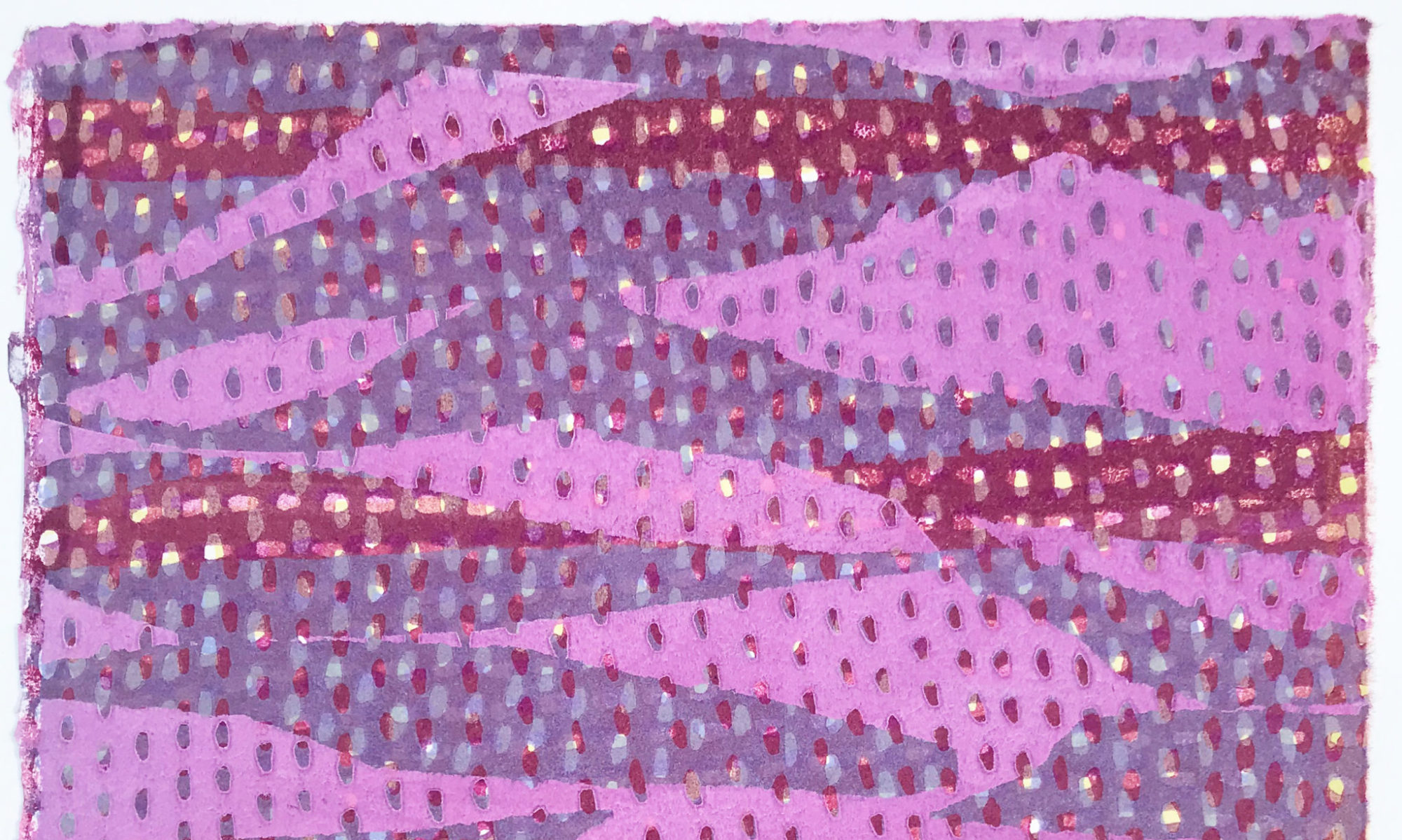Last year, Arvo Pärt was the second-most-performed living composer in the world. For years before that, he was the most-performed composer.
That was not the case, however, when I first heard Pärt’s Fratres in 1989. He was not a household name at the time — not among classical listeners and certainly not among the wider music-buying public. I was working at Peaches Records & Tapes in Columbia, South Carolina, and I was in charge of classical buying for the store. (My knowledge of classical music was and is limited; nonetheless, I had some background and was the only one interested in filling the role.) As the classical buyer, I would check out album reviews, new release lists from labels and distributors, chart lists from Billboard, and promo copies of records and CDs to keep up with what the store should carry.
One day I came across an ECM New Series CD sampler. I don’t remember what all was on it; I only remember violinist Gideon Kremer and pianist Keith Jarrett’s recording of Fratres.
I had never heard anything remotely like it. Its dark, spacious presence; its unexpected rhythms and chords — no amount of mostly Baroque, Classical and Romantic-era pieces I had heard or played in my life had prepared me for how beautiful and moving this music was. From its opening notes — Kremer’s rapid string crossings emanating as if out of the ether, rising in intensity and punctuated at the 1:04 minute mark by the entry of a deep, resonant and authoritative chord from Jarrett — Fratres felt both otherworldly and like it was anchored in my own soul. No piece of music had ever touched me as deeply.
In general, I don’t have a particularly good memory. But Fratres — including when I first heard it — I can never forget.
There are plenty of other artists and recordings — both in the distant past and more recently — that have helped set me on a path of introspective instrumental music. Some are instrumental; others just have a meditative, minimalist and/or drone-like aesthetic. I’m thinking of artists like Brian Eno, Philip Glass, A Winged Victory for the Sullen, Talk Talk, Djivan Gasparyan, Johann Johannsson, Hammock, Low, Stars of the Lid, Stereolab, Last Days, Greg Haines, Eluvium, Labradford, Sigur Ros, Goldmund, The Album Leaf and many more.
If I were to try to draw a direct line between a musical influence and what I listen to now, it would probably point back to Sigur Ros more than to Arvo Pärt. But Pärt was my gateway drug — the music that showed me that there was a completely different way to make, and to think about, music.
